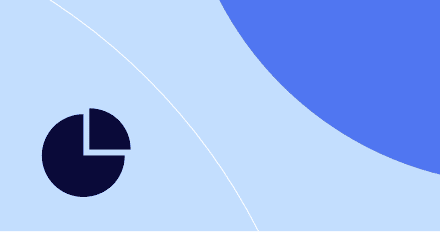Public utilities debts
Although they may seem like a lower priority when compared to other kinds of debt, not paying your utility bills can cause you a lot of headaches.
Managing debts related to public utilities can quickly become a source of stress, especially when payment delays accumulate. These debts, whether incurred with monopoly providers or not, require special attention to avoid unfortunate consequences.
Debts with monopoly utility providers
Often considered less urgent than other debts, public utility providers with monopolies still have significant power to cause headaches in case of payment delays.
For example, Hydro-Québec and Énergir (Gaz Métro) each hold a monopoly, often making them indispensable. If you’re behind on payments, they can disconnect your service between April 1st and November 30. If you owe money to Hydro-Québec, note that the company offers several options to help with payment difficulties and avoid disconnection. Énergir, on the other hand, provides additional subsidies for low-income households. ACEF are non-profit organizations that can help you reach a settlement with Hydro-Québec.
Since no other company can supply you with electricity or gas, ultimately, you have no choice but to settle your debt. It’s best to contact them quickly if you’re in default. If you believe the solutions they offer are insufficient to address your public utility debt, consulting a personal finance expert like Jean Fortin is highly recommended.
Debts with other public utility providers
For other creditors who do not hold a monopoly and must compete in the market, they are often more flexible and open to negotiating payment arrangements to retain customers. However, it’s essential not to underestimate them.
For example, cell phone companies should never be taken lightly. In case of payment default, they can report an R-9 rating to your credit file. A poor credit rating can have as much impact on your credit profile (score and rating) regardless of whether the debt is $2,000 or $200. To avoid issues, ensure you complete your contract, either by respecting its terms to the end or by concluding an amicable written agreement. Otherwise, a “small” end-of-contract debt could complicate future credit applications.
We encourage you to better understand how your credit file works to prevent the negative consequences of non-payment to your public utility providers.
Solutions for public utility debts
If the debt due to one of these providers is part of a bigger problem, it is recommended to consult a licensed insolvency trustee to explore possible financial solutions for your debt situation.
In the context of a consumer proposal or bankruptcy, public utility debts can be included in your insolvency file. The creditor’s only recourse will be to request a deposit equivalent to the 2 most expensive months of the previous year to secure future payments on your account.
If you are facing payment delays for your public utilities or have questions about your debts, the personal finance specialists at Jean Fortin are available to analyze your financial situation and present customized solutions during a free informative consultation.
Read real-life stories
Debt problems could happen to anyone. Read about people like you and see how they pulled through.

Our debt solutions
Based on your situation and needs, there are different solutions that can help you regain your financial stability.

Debt Consolidation
Find out how to merge all your payments into one monthly installment and keep your credit score intact.

Consumer Proposal
Discover how to offer your creditors a lower settlement based on your ability to repay.

Personal Bankruptcy
Discover how personal bankruptcy can put an end to your financial difficulties and debt problems.
Get a financial health checkup
With just a few questions, get an idea on the health of your personal finances. It’s easy and 100% confidential.

